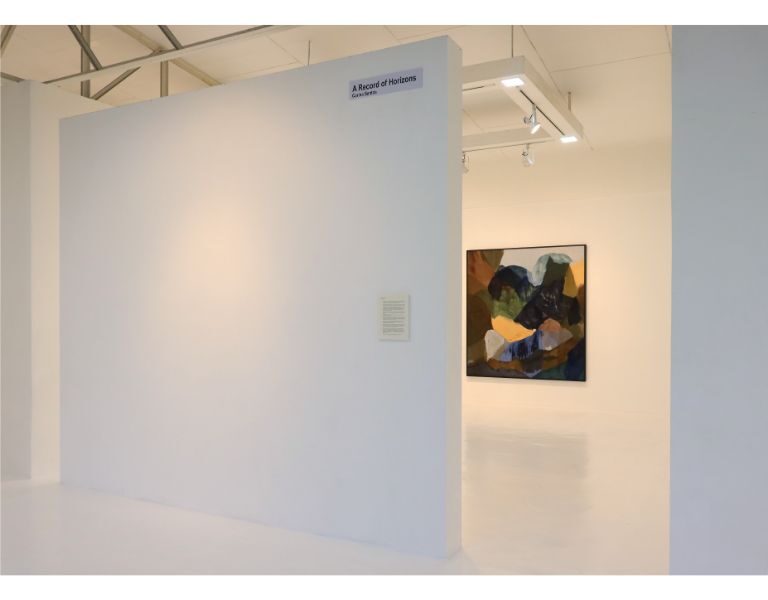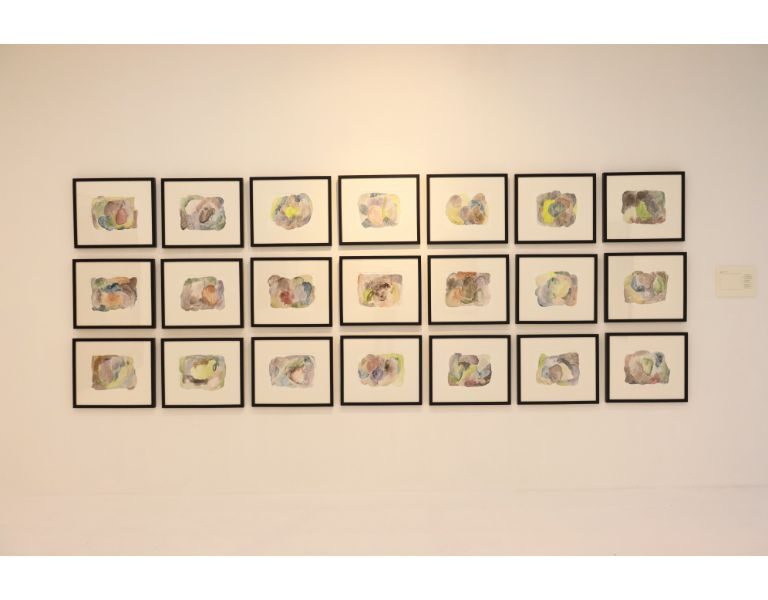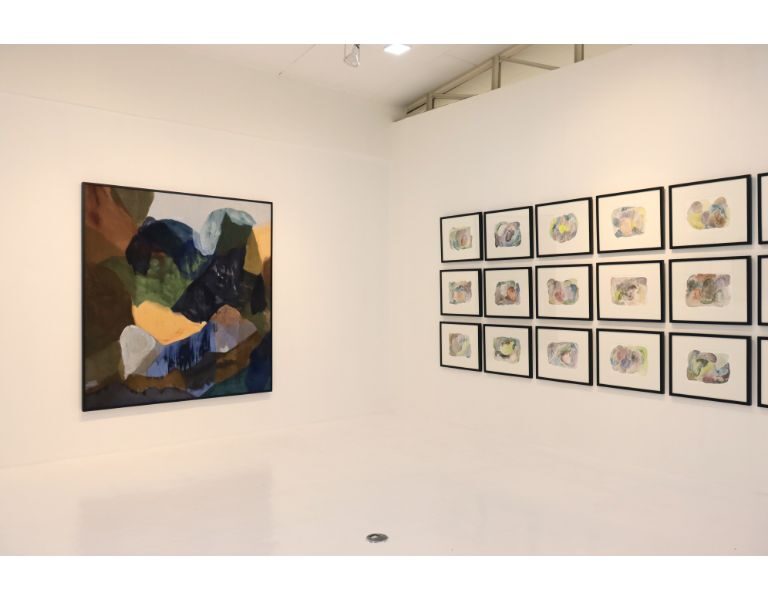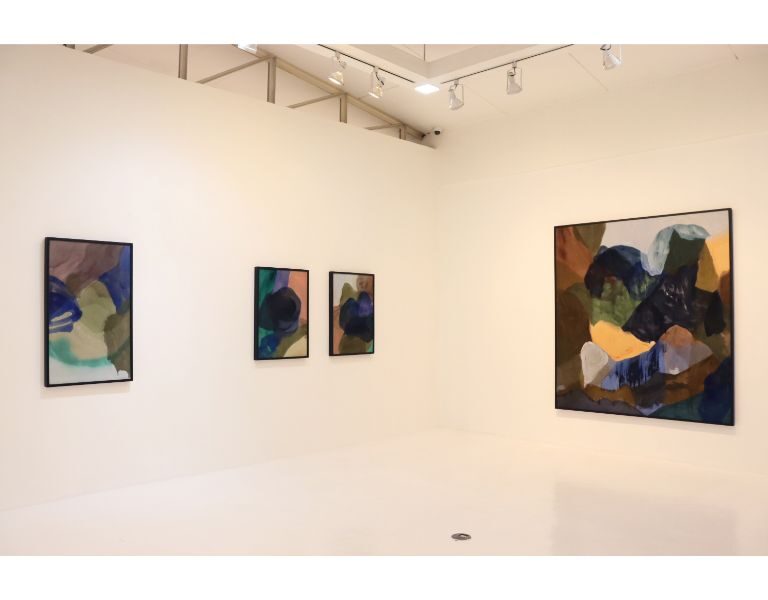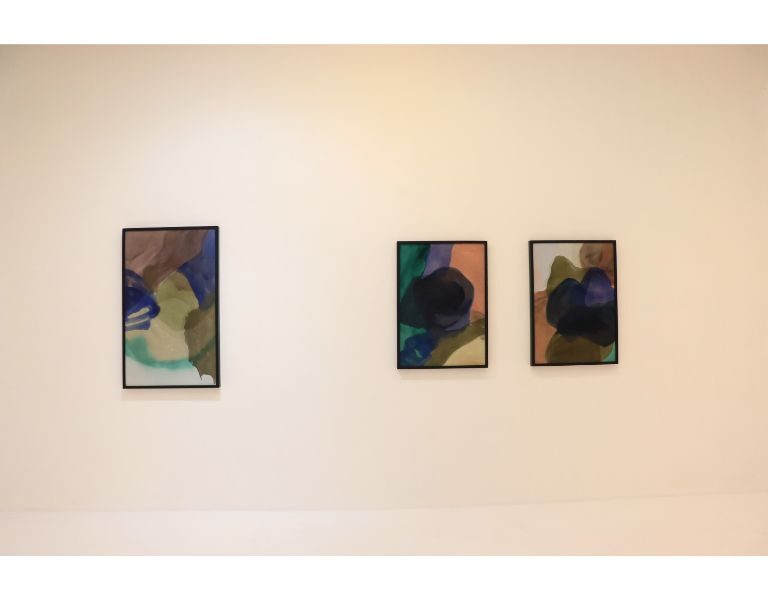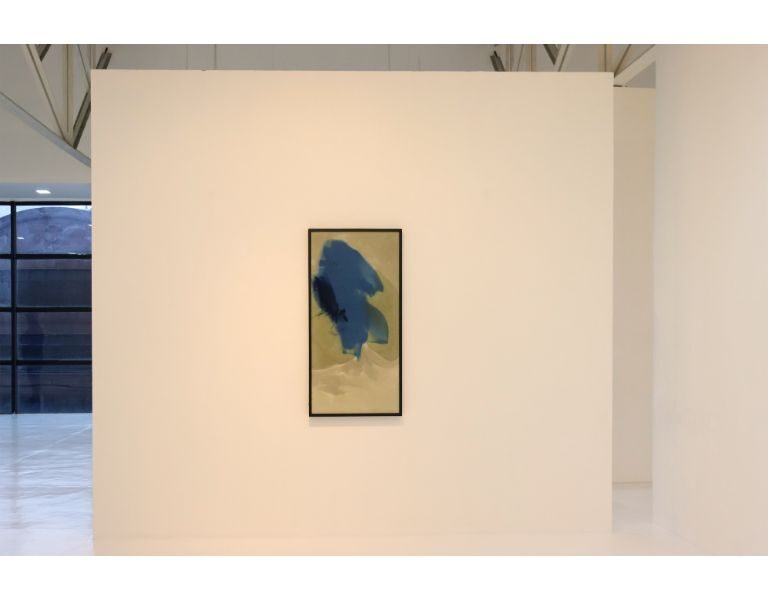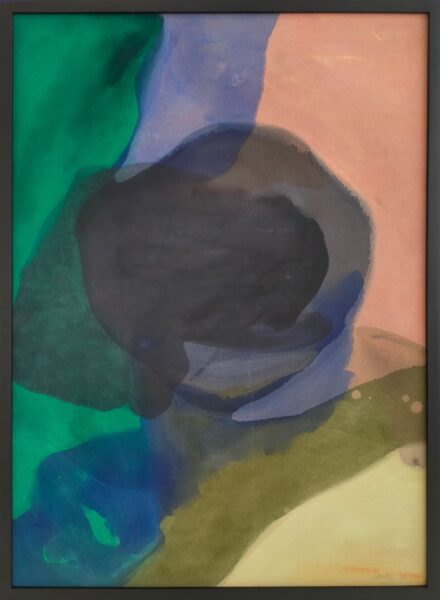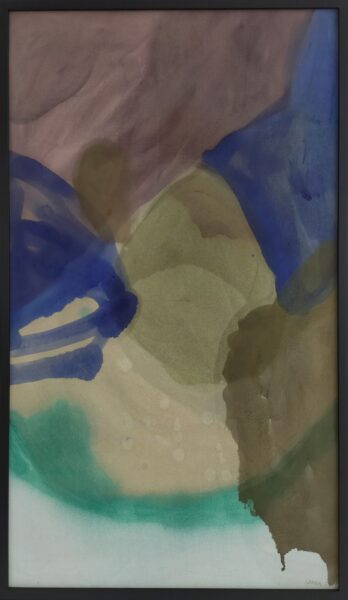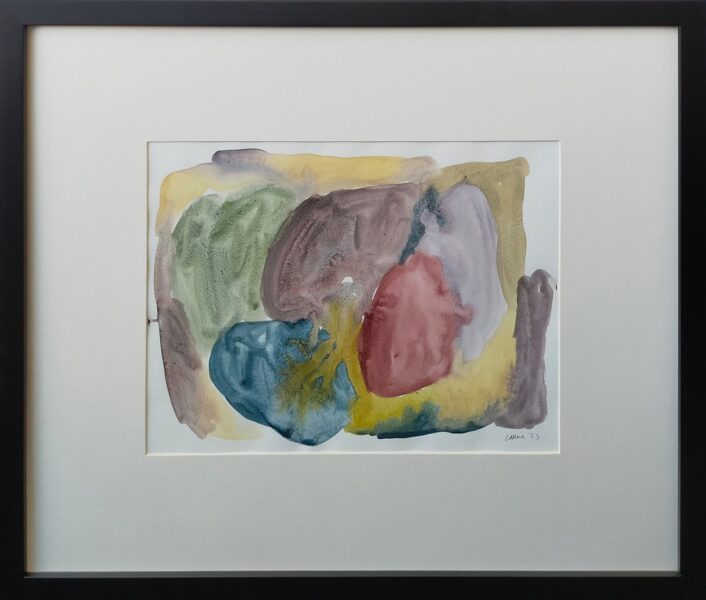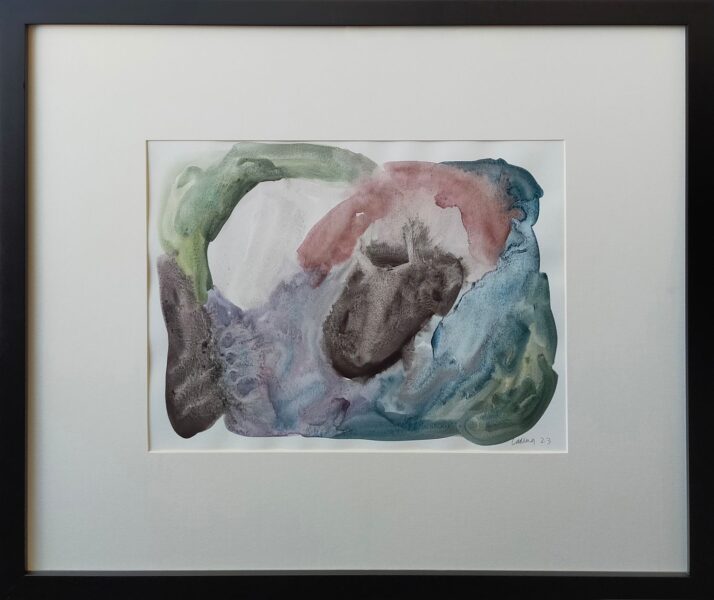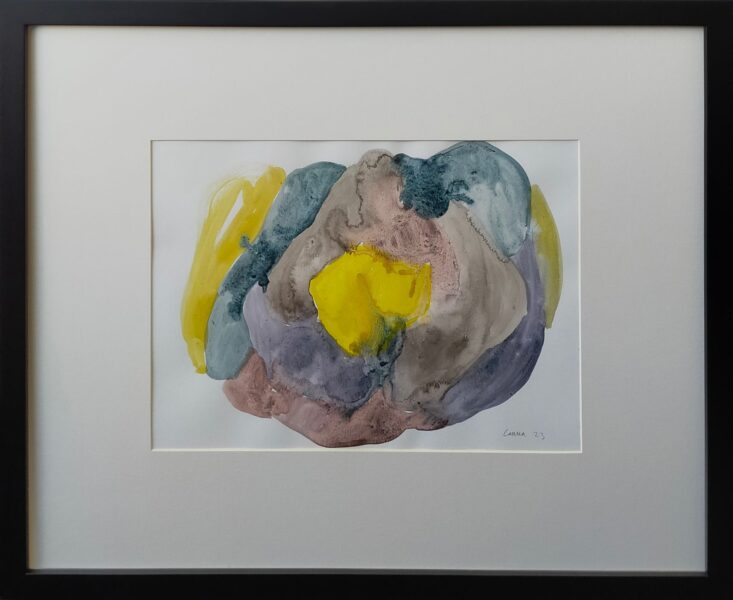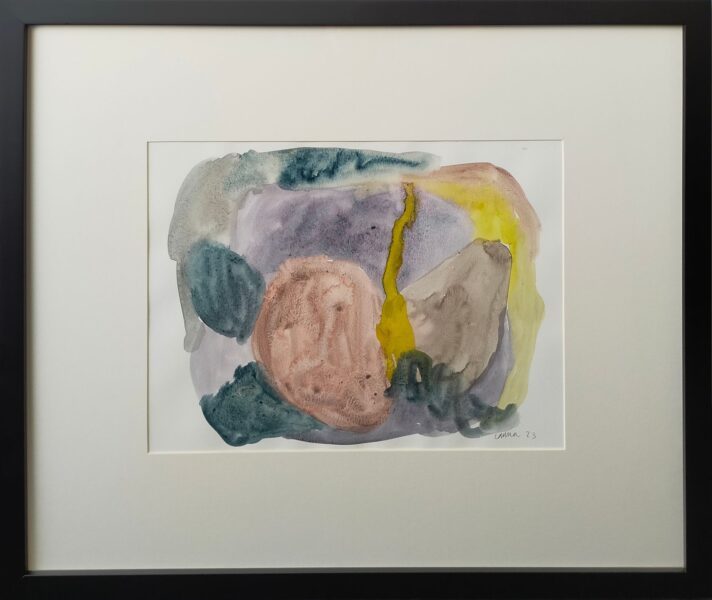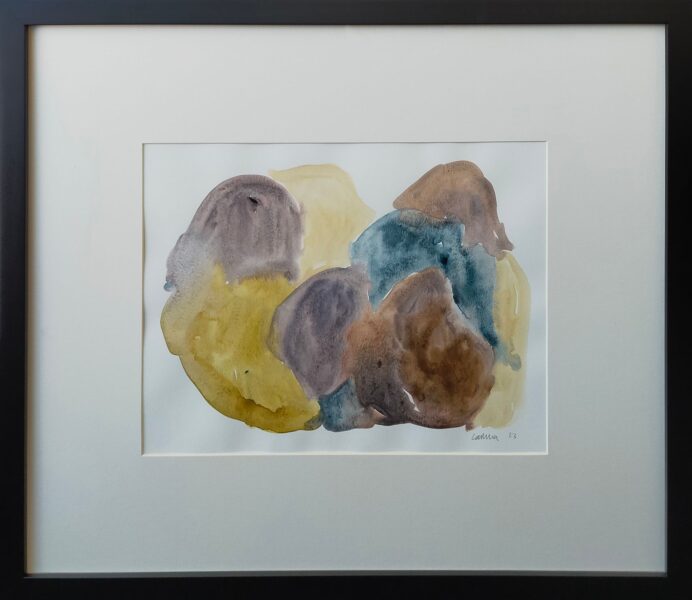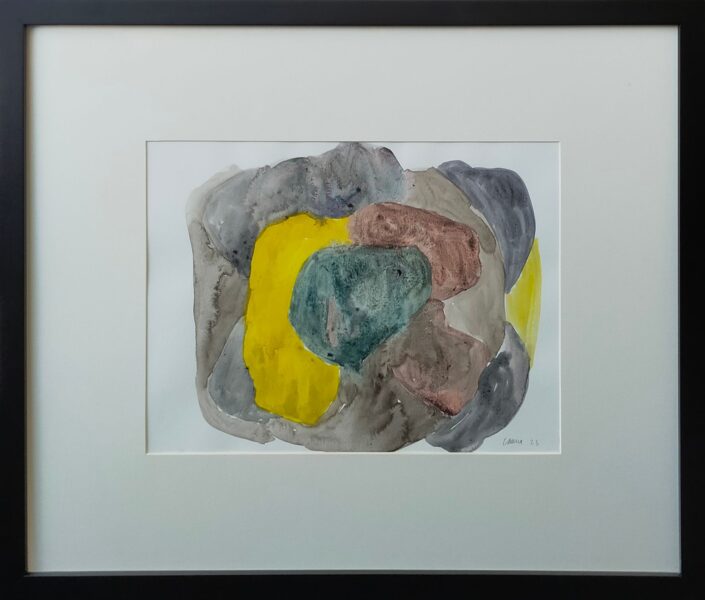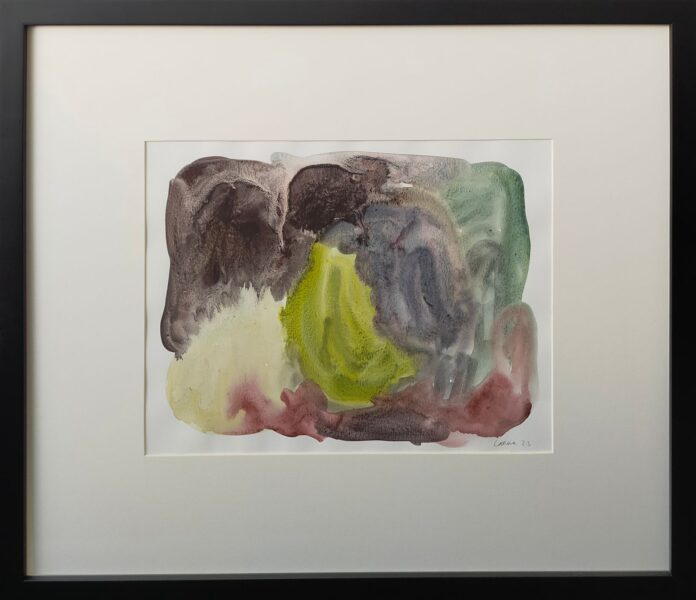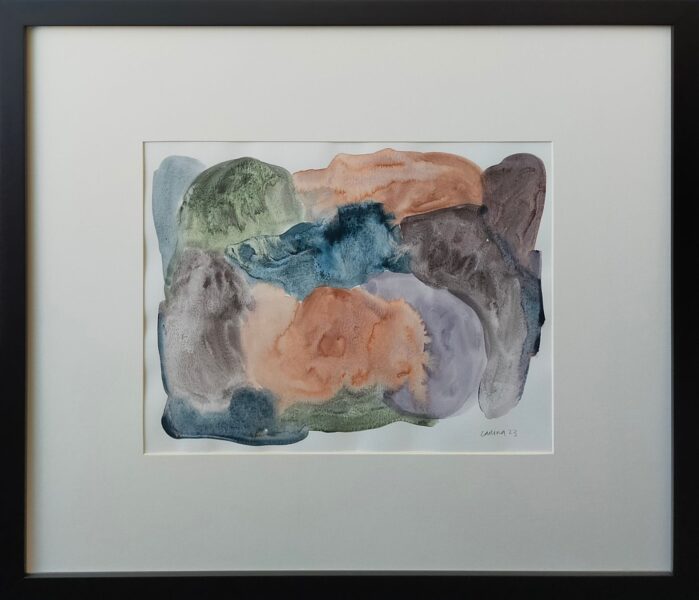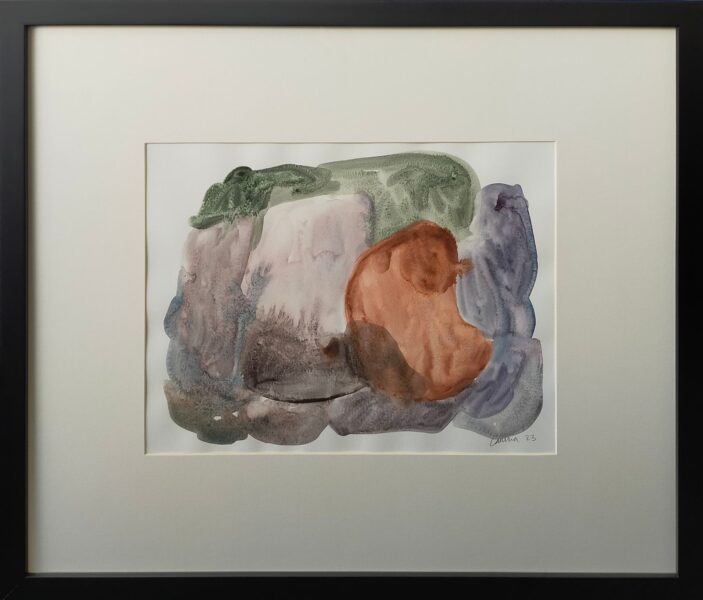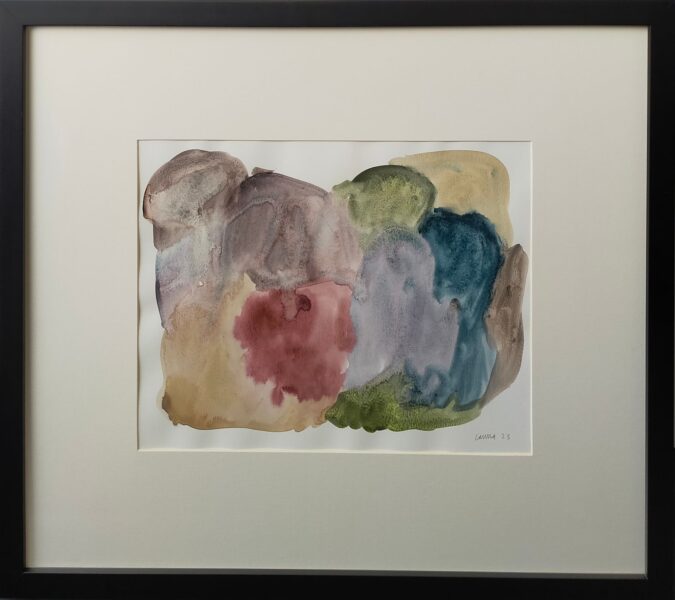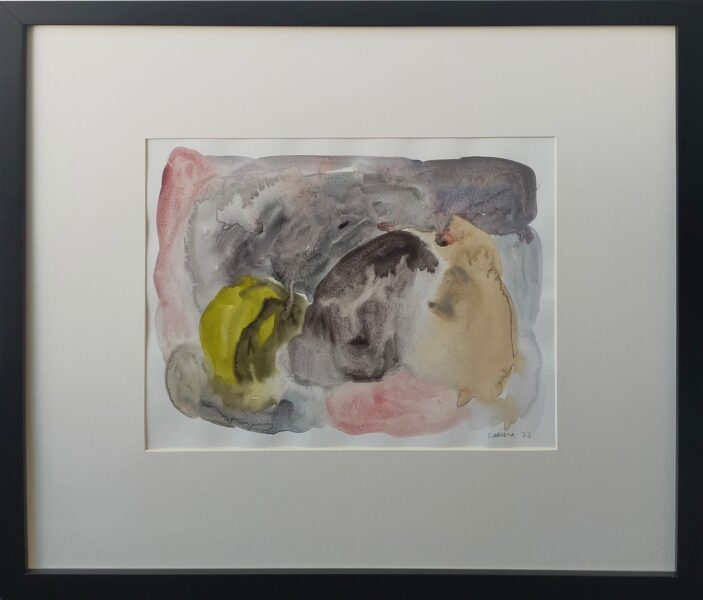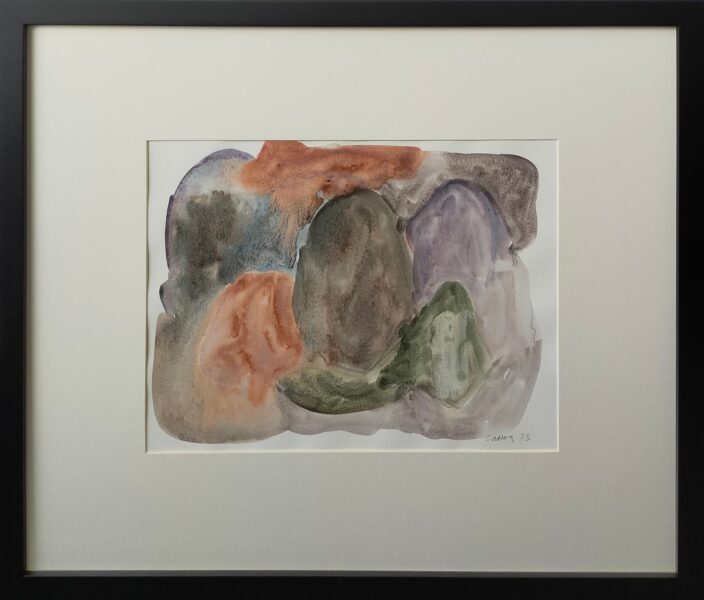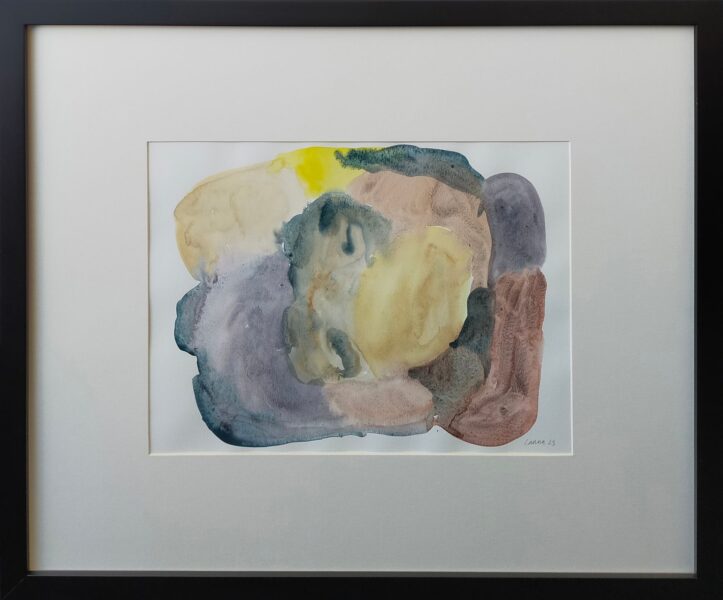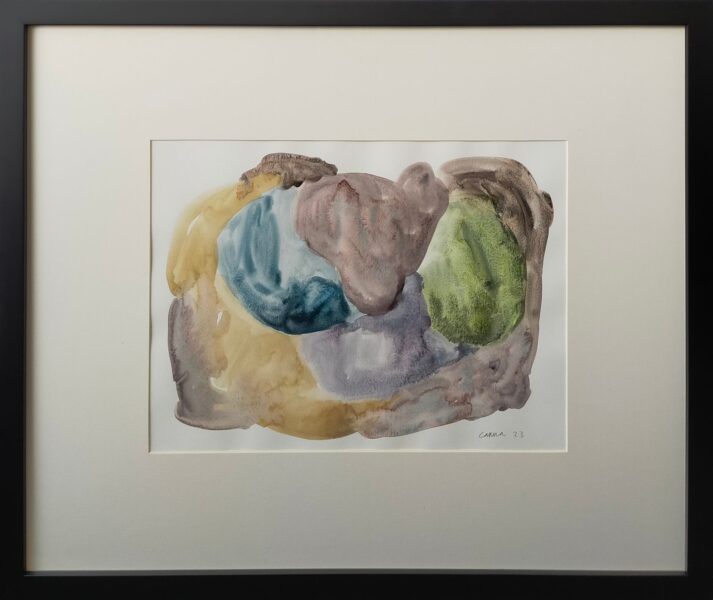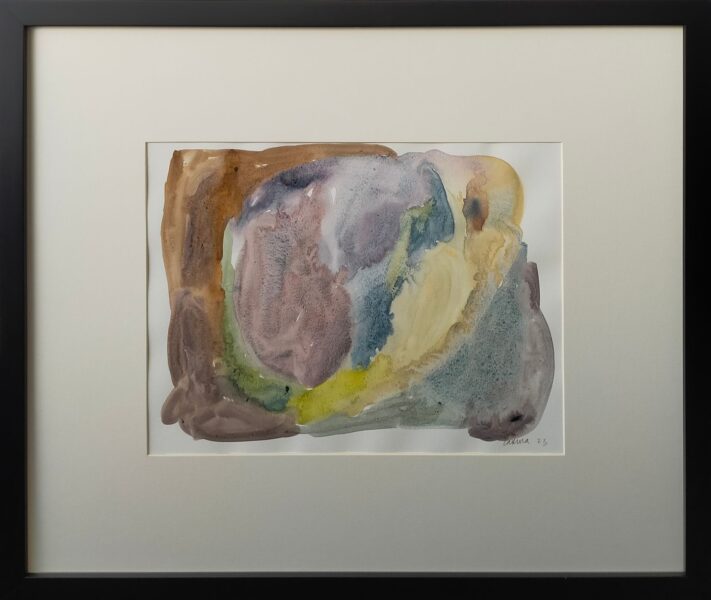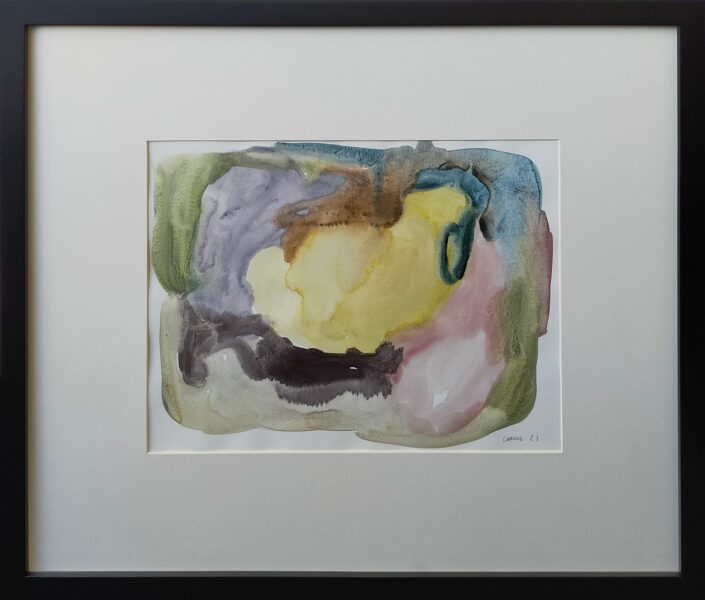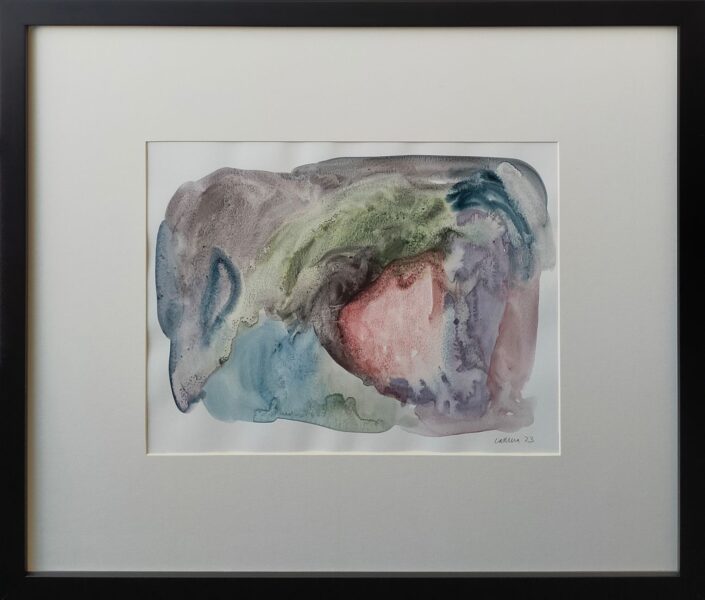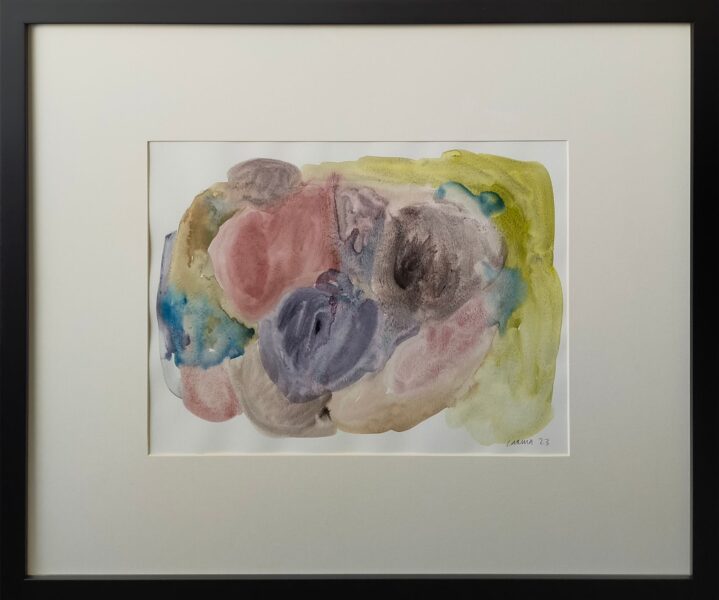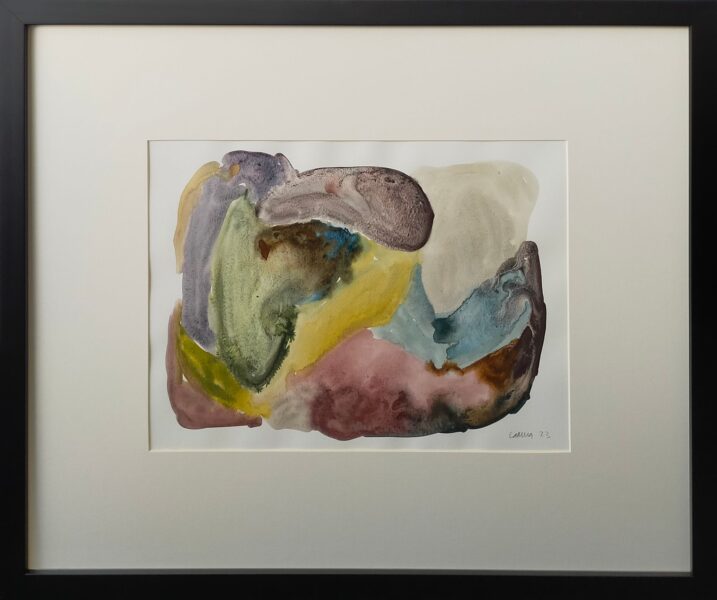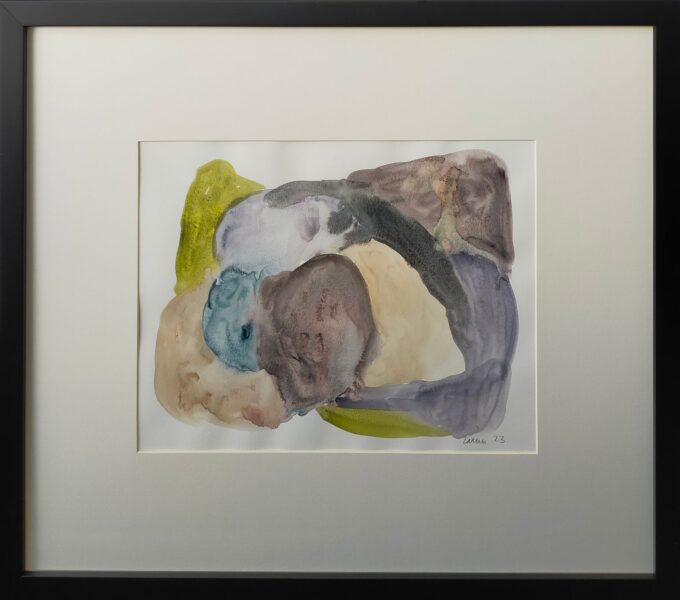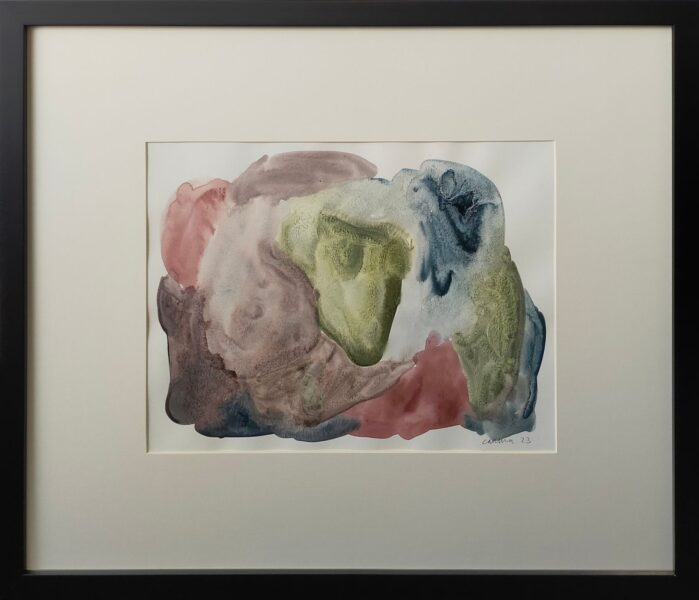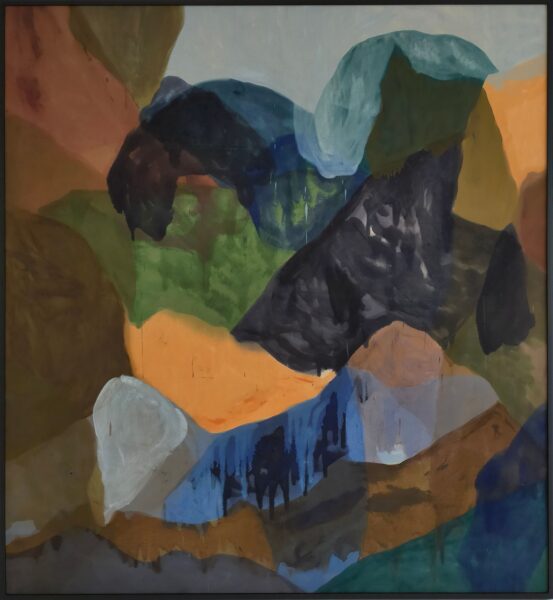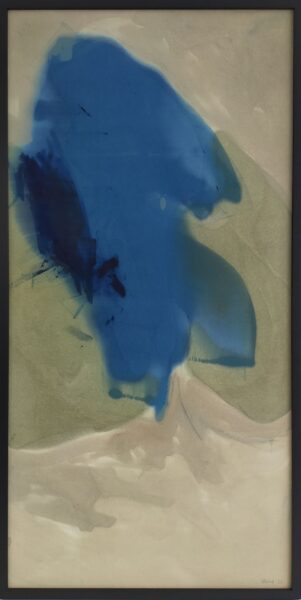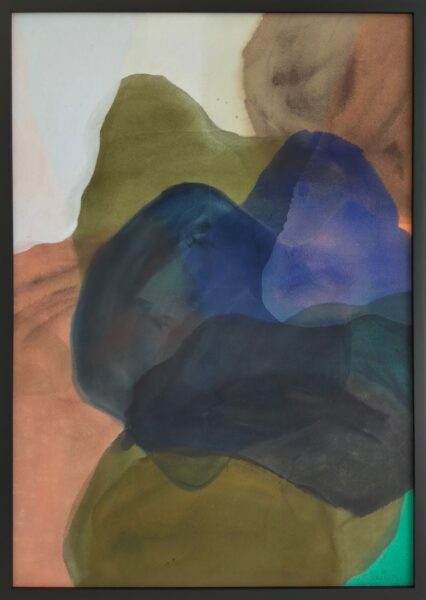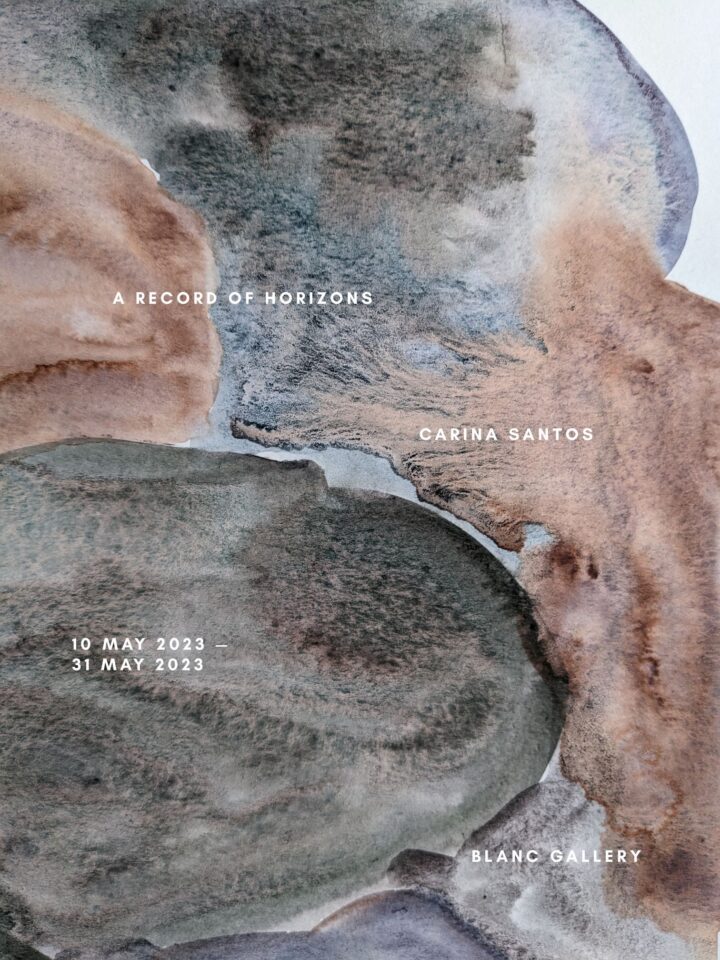
A Record of Horizons
Carina Santos
- Over time, I’ve come to look at landscapes as abstractions. If you were to describe a place — a landscape, a city, a site — to someone, your picture of it could entirely be dissonant from the picture your words paint in your companion’s mind’s eye.nfl fan shop custom nfl jerseys sex toy shops cheap sports jerseys customized jerseys best online sex toy store nike air jordan nike air max vapor nfl jerseys cheap yeezy adidas shoes nfl jerseys cheap san francisco 49ers jersey sex toys vibrators custom jerseys football san francisco 49ers jersey
- None of these paintings have a horizon, and yet, they contain a record of them; they begin in different times and different places. But, in the pictures, they exist all together, all at once.
An intertwining of one another, captured in one flat picture. Aside from “Infinite Interpolations”, which stands at 71 inches all around, all of these pictures were painted with a sort of reorientation. Placed on the ground, or on a lap, these images were viewed and approached from a height. Rather than an upright distance, as you would look out into a landscape, and perhaps take a picture.
Paint — oil diluted into a pourable, thin consistency — was introduced in large swathes of colour, applied over and over, overtaking and intermingling with one another until a picture emerges.
- (“Infinite Interpolations” was painted upright, due to a lack of floor space. In the end, landscape dictates the landscape.)
- Tom Overton in the introduction to Landscapes: John Berger on Art: “The word landscape is also, like many of the texts in this book, a record of the horizons of writing being broadened.” He writes about the etymology of the word and the changes it went through from ‘landschap’ and ‘landskip’, from the Dutch, to how we know it today.
- This collection of work is an inaccurate sort of record-keeping, with no landmarks or delineated space to keep abreast of one’s location. These records are not meant to be used for getting your bearings. They are just pictures.
- Berger writes about emigration as a constant “dismantling of the centre of the world”. And so, it is also moving into (and living, and surviving in) “a lost, disoriented [world] of fragments.” How then do you map out something new and foreign, other than in the way that makes sense to you? Other than in order of your experience with it?
- In Landscape and Memory (1995), Simon Schama wrote: ‘landscapes are culture before they are nature – constructs of the imagination projected onto wood and water and rock’. Over the years, I’ve ascribed feeling and meaning onto landscapes. To me, they have always been portraits of a place, but also of what inhabits them. We get to know figures through the space they grew up around. There is a mutual effect between what inhabits and what is inhabited.
We look at space, and despite ourselves, we feel something. How can you not?
Works
Documentation
